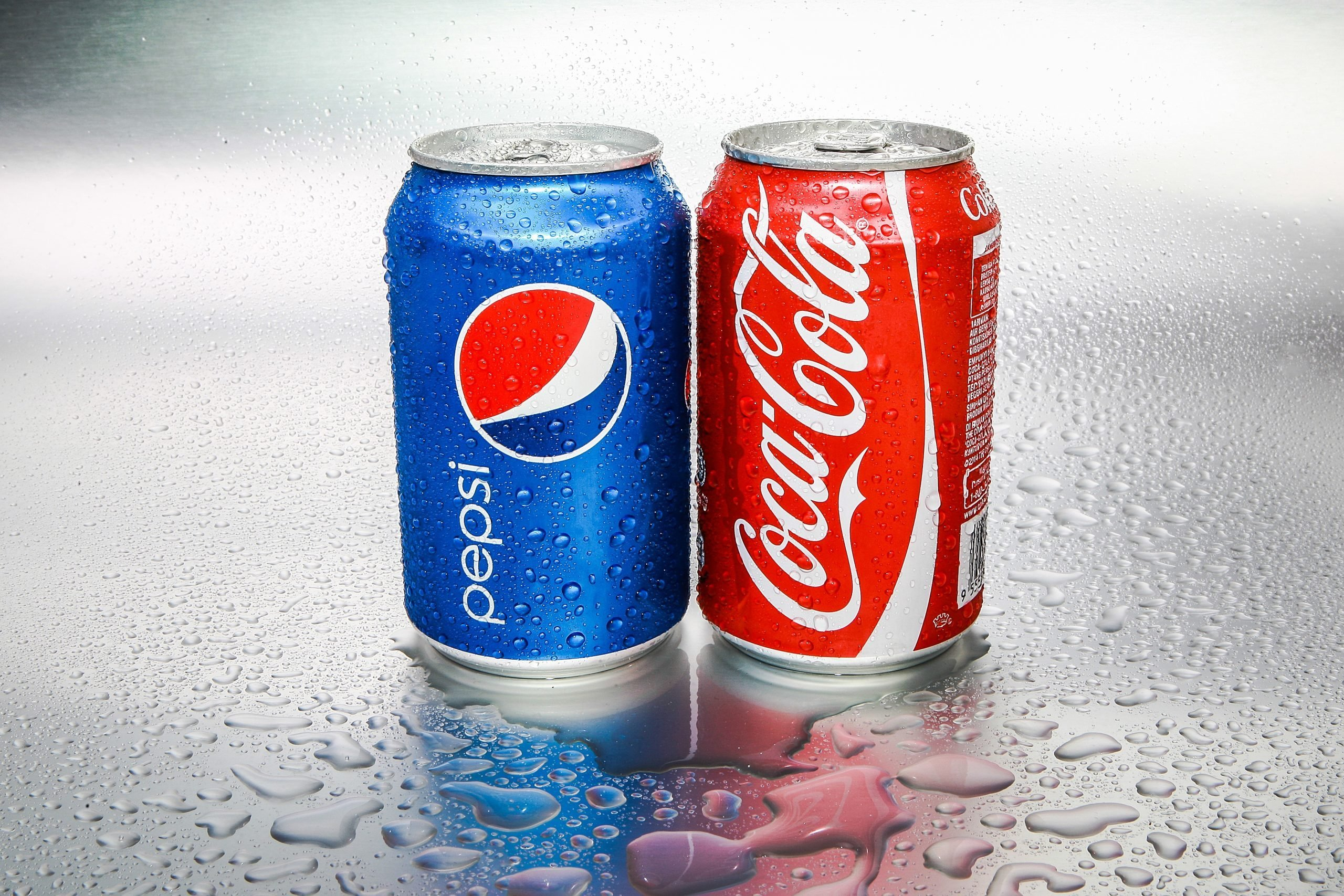A recent study shedding light on the global crisis of plastic waste reveals that over 50% of branded plastic pollution originates from a mere 56 companies.
Of all branded pollution, more than a fifth is attributed to just four major brands: The Coca-Cola Company (11%), PepsiCo (5%), Nestlé (3%), and Danone (2%).
Published in the journal Science Advances, the research, spearheaded by Dalhousie University scientists in partnership with various global institutions, draws from extensive audits of plastic pollution conducted across 84 countries over a span of five years.
The peer-reviewed analysis utilized data collected by volunteers at over 1,500 events across beaches, parks, rivers, and other public areas. These audits, coordinated by the environmental organization Break Free from Plastic, occurred between 2018 and 2022.
Additionally, the study highlights that plastic production has doubled, soaring from 200 million tonnes in 2000 to 400 million tonnes in 2019.
Coca-Cola affirmed its commitment to achieving 100% globally recyclable packaging by 2025 and integrating a minimum of 50% recycled material in its packaging by 2030. The company also aims to collect and recycle a bottle or can for every unit sold by 2030.
PepsiCo, in a statement released on Wednesday, emphasized its extensive investments over the past decade to reduce packaging, promote reusable models, and collaborate on the advancement of collection and recycling systems.
Furthermore, PepsiCo advocated for a robust and binding global policy framework to combat plastic pollution, encouraging others to join in this effort.
Nestlé acknowledged the severity of plastic pollution in a statement, expressing its commitment to addressing the issue and supporting global regulations. The company highlighted its ongoing initiatives to develop waste collection, sorting, and recycling programs across various continents.
However, Danone did not respond to a request for comment at the time of this statement’s release.
The research revealed that over 50% of the plastic items recovered showed no identifiable branding following exposure to sunlight, water, and air.
The study’s authors emphasize the necessity for increased transparency in the production and labeling of plastic goods and packaging. They assert that enhanced transparency would facilitate tracking pollution sources and enforcing accountability among companies.
Advocating for an international initiative, they propose the establishment of an open-access database. This database would mandate companies to quantitatively monitor and report their products, packaging, and brands, promoting environmental accountability.
Earlier this week, the federal government made progress toward this objective. Guilbeault unveiled a new registry mandating companies to disclose their plastic production quantities and disposal destinations.

